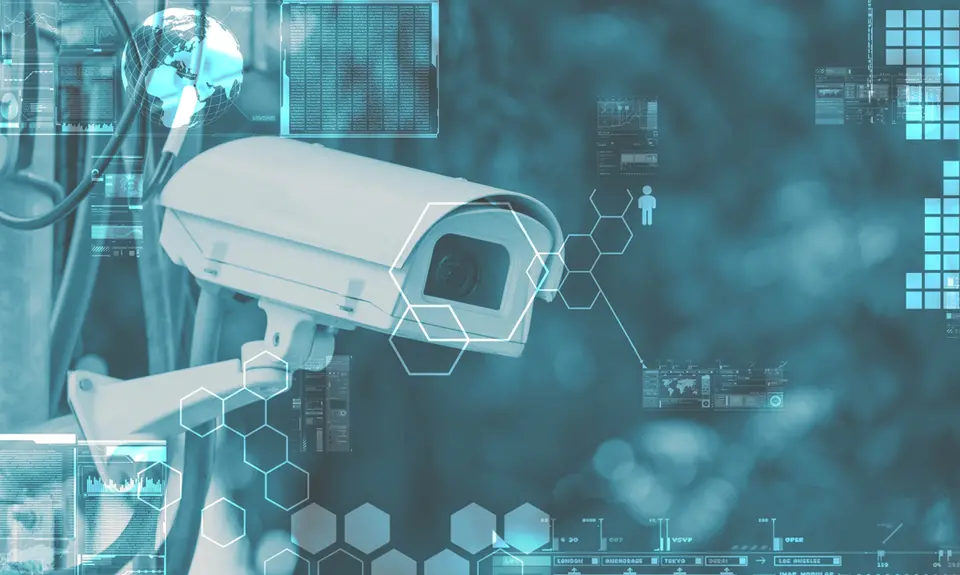On October 24, Senators Rand Paul and Ron Wyden introduced the USA RIGHTS Act. This bipartisan legislation addresses the federal government's abuse of the surveillance authorities granted by Section 702 of the Foreign Intelligence Surveillance Act, including a new search warrant requirement and a prohibition on collecting domestic communications. While not a cure-all for our surveillance concerns, People For the American Way, Demand Progress, and forty other surveillance reformers believe in these robust reforms and together we endorse the USA RIGHTS Act. You can download our letter, with footnotes, here.
Dear Senators:
On behalf of a broad coalition of civil liberties organizations, we write in support of the USA RIGHTS Act, legislation that contains meaningful reforms to Section 702 of the Foreign Intelligence Surveillance Act (“FISA”), which is set to expire at year’s end. These reforms are imperative given our government’s historical abuse of surveillance authorities, contemporary noncompliance with this authority, and the danger posed by potential future abuses.1
Many of our organizations have long opposed Section 702 because it has been used by the government to unconstitutionally collect Americans’ communications without a warrant or individualized approval from a judge. Our concerns regarding this collection are compounded by the government’s routine searches of Section 702 data for the information of U.S. citizens and residents despite the fact that Section 702 explicitly prohibits the targeting of such persons. The government conducts these searches in broadly defined “foreign intelligence” investigations that may have no nexus to national security, in criminal investigations that bear no relation to the underlying purpose of collection, and even in the course of determining whether to open an assessment, which is a preliminary phase of investigations where there are no facts to believe someone has committed a criminal act.
The USA RIGHTS Act is markedly superior to all current legislative proposals to reauthorize Section 702. While it does not resolve every concern with Section 702 surveillance,2 its reforms are significantly more robust than those contained in the House’s USA LIBERTY Act.3
The USA RIGHTS Act would:
- Create a search warrant requirement that closes the so-called “backdoor search loophole” through which the government searches—without first obtaining a court-issued warrant based on probable cause—for information about U.S. persons or persons inside the U.S. It provides an exception for emergencies, but requires a court warrant afterward. This provision contrasts with other proposals, including the introduced version of the USA LIBERTY Act, which fails to completely close the “backdoor search loophole.”
- Prohibit the collection of domestic communications and permanently end “about” collection, an illegal practice the National Security Agency recently stopped because of persistent and significant compliance violations that allowed for warrantless collection of communications that merely mention an intelligence target. Collections would be limited to communications that are “to” or “from” a target. The bill would also prohibit the intentional collection of wholly domestic communications.
- Make clear the government must give notice when it uses information obtained or derived from Section 702 surveillance in proceedings against U.S. persons or people on U.S. soil. Notice allows a defendant to assert his or her constitutional rights, and is a necessary backstop to ensure that foreign intelligence surveillance is not being misused, including in contexts that do not involve national security.
- Address challenges litigants face in establishing standing to challenge surveillance under Section 702. Because Section 702 surveillance programs operate largely in secret, litigants often face significant challenges in establishing standing, which is required in order to challenge unconstitutional surveillance in court. This bill addresses these challenges, facilitating appropriate court oversight of the program.
- Establish a 4-year sunset of Section 702, which would terminate the surveillance authority unless Congress reauthorizes it again in 2021. This helps to ensure regular Congressional and public oversight of how the law has worked and what reforms or changes may be necessary.
- Provide transparency around the number of U.S. persons surveilled under Section 702, unless the government says that conducting such an estimate is not feasible, and if it is not, the bill would require the government to provide a public explanation. Understanding the number of people surveilled under Section 702 is critical to gauging the intrusiveness of the law and how broadly the authorities are being used. The USA RIGHTS Act would help to ensure we have an accurate count.
- Provide new accountability and transparency provisions, including strengthening the Privacy and Civil Liberties Oversight Board, clarifying that FISA Court opinions prior to the enactment of the USA FREEDOM Act must be declassified, permitting greater provider transparency, and strengthening the FISC amici.
This bill provides robust, meaningful reforms to Section 702 that are necessary to protect Americans’ privacy. We urge Congress to expeditiously enact the USA RIGHTS Act.
Sincerely yours,
Advocacy for Principled Action in Government
American Civil Liberties Union
American Library Association
American-Arab Anti-Discrimination Committee
Association of Research Libraries
Brennan Center for Justice
Campaign for Accountability
Campaign for Liberty
Center for Democracy & Technology
Center for Popular Democracy
Color Of Change
CREDO Action
Demand Progress Action
Democracy for America
FirstAmendment.com
Free Press Action Fund
Freedom of the Press Foundation
FreedomWorks
Government Accountability Project
Government Information Watch
Indivisible
Media Alliance
NAACP
National Association of Criminal Defense Lawyers
National Center for Transgender Equality
National Coalition Against Censorship
National LGBTQ Task Force Action Fund
New America's Open Technology Institute
Oakland Privacy
OpenTheGovernment
People For the American Way
Presente Action
Project On Government Oversight
Public Citizen
Restore The Fourth
RootsAction.org
South Asian Americans Leading Together (SAALT)
Sunlight Foundation
The Constitution Project
The Nation
The Woodhull Freedom Foundation
UltraViolet
